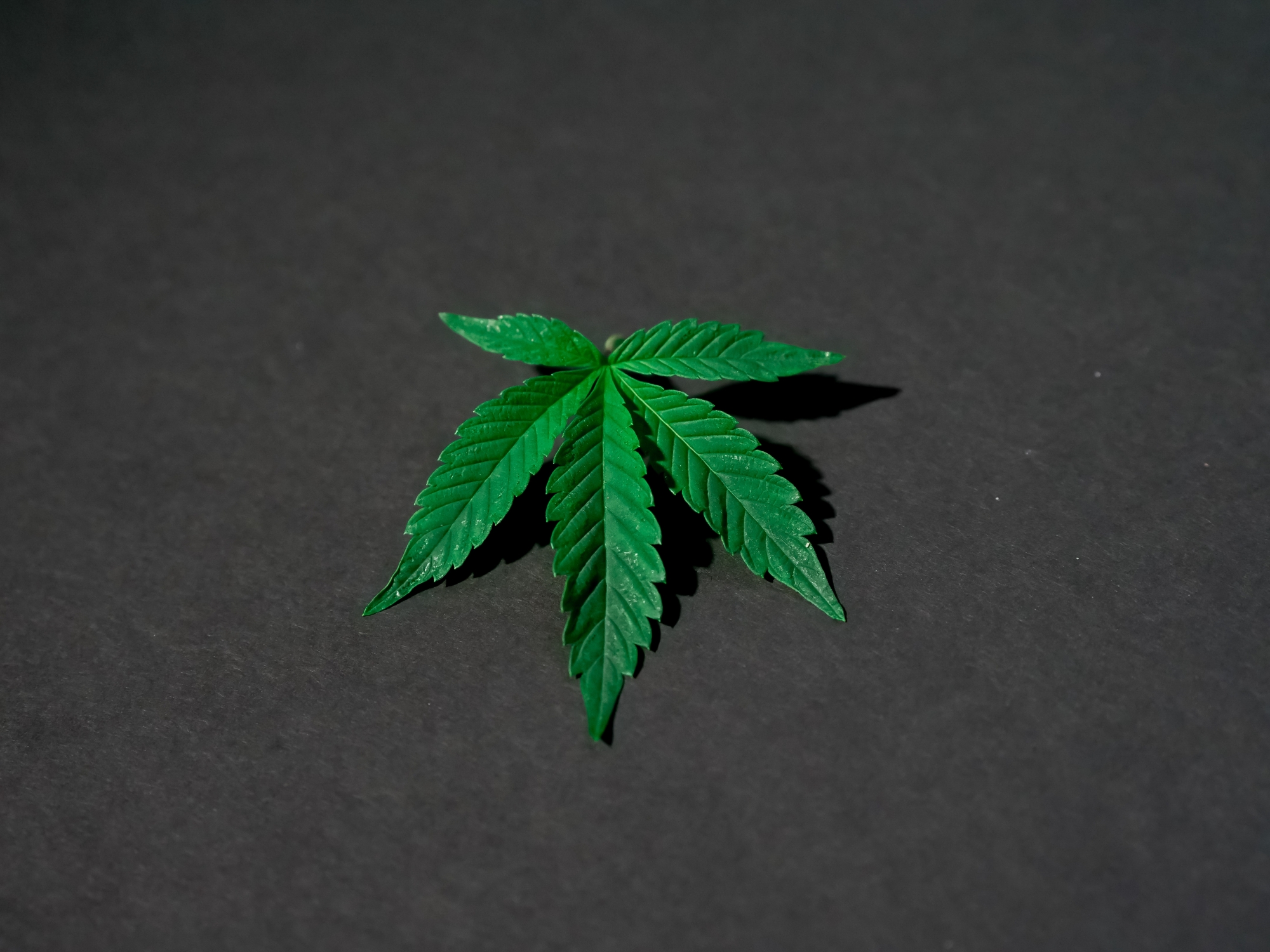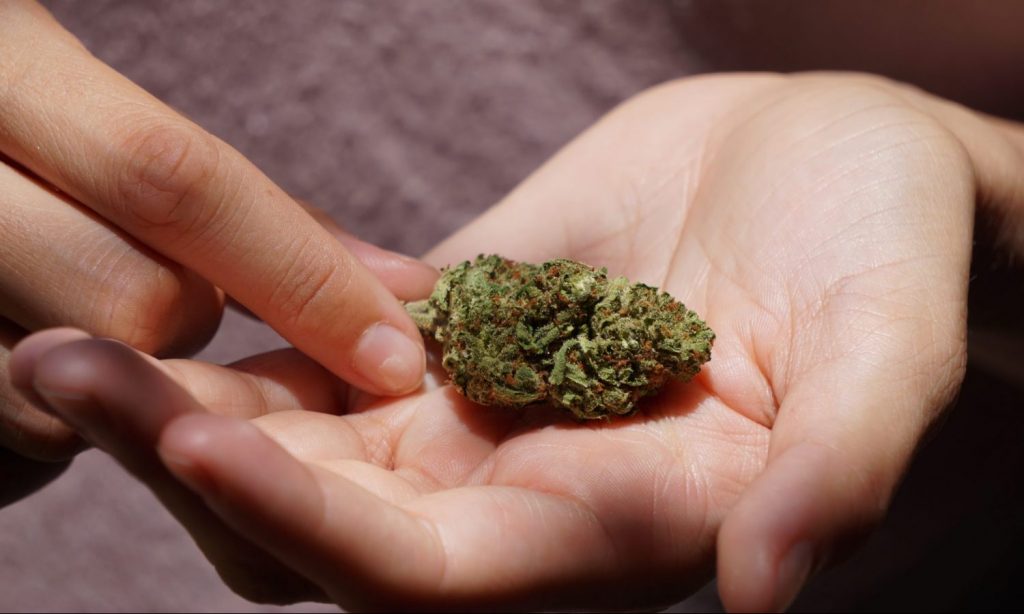You are here
Home 🌿 Medical Cannabis News 🌿 Link Between Cannabis Use Disorders And Schizophrenia, Study Finds 🌿Link Between Cannabis Use Disorders And Schizophrenia, Study Finds

A study out of Denmark makes a strong case for cannabis use increasing the risk for developing schizophrenia, but the diagnosis itself is complex, and often overlaps with other conditions.
For thousands of years, societies across the world have used cannabis for medicinal, spiritual and social purposes. It continues to be the most used recreational drug worldwide, with the 2019 World Drug Report estimating that nearly 200 million people across the world consume it.
But cannabis is not one-size-fits-all, and government restrictions on scientific research means that many of its effects, both positive and negative, remain unknown. A new study from Denmark published in JAMA Psychiatry may shed light on the down side of cannabis use, particularly when it comes to adults diagnosed with schizophrenia, a chronic mental illness “characterized by distortions in thinking, perception, emotions, language, sense of self and behaviour.”

Photo by Kelly Sikkema via Unsplash
Schizophrenia affects about 20 million people globally. And according to this new study, schizophrenia diagnoses in Denmark found to be related to cannabis use disorders rose from 2% to 8% between 1995-2010. Cannabis use disorder has many symptoms, one of which is “continuing to use cannabis despite physical or psychological problems.”
“Of course, our findings will have to be replicated elsewhere before firm conclusions can be drawn,” Hjorthøj said.

Photo by Elsa Olofsson via Unsplash
Previous research has suggested that intense and prolonged cannabis use can alter brain function, but not enough evidence exists to draw definite conclusions. The study in Denmark makes a strong case for cannabis use increasing the risk for developing schizophrenia, but the diagnosis itself is complex, and often overlaps with other conditions.
It should be noted that the study only examined those with diagnosed cannabis use disorders, not casual or infrequent users. A vast majority of users continue to consume cannabis without adverse mental health effects.
“It is known that people who seek treatment tend to have multiple mental health problems, not solely cannabis problems,” Terrie Moffitt, a professor and chair in Social Behaviour & Development of the Institute of Psychiatry, Psychology, and Neuroscience at King’s College London, said. “And there are far more recreational cannabis users who manage cannabis well than cannabis-dependent users who cannot manage it.”
420 Intel is Your Source for Marijuana News
420 Intel Canada is your leading news source for the Canadian cannabis industry. Get the latest updates on Canadian cannabis stocks and developments on how Canada continues to be a major player in the worldwide recreational and medical cannabis industry.
420 Intel Canada is the Canadian Industry news outlet that will keep you updated on how these Canadian developments in recreational and medical marijuana will impact the country and the world. Our commitment is to bring you the most important cannabis news stories from across Canada every day of the week.
Marijuana industry news is a constant endeavor with new developments each day. For marijuana news across the True North, 420 Intel Canada promises to bring you quality, Canadian, cannabis industry news.
You can get 420 Intel news delivered directly to your inbox by signing up for our daily marijuana news, ensuring you’re always kept up to date on the ever-changing cannabis industry. To stay even better informed about marijuana legalization news follow us on Twitter, Facebook and LinkedIn.




